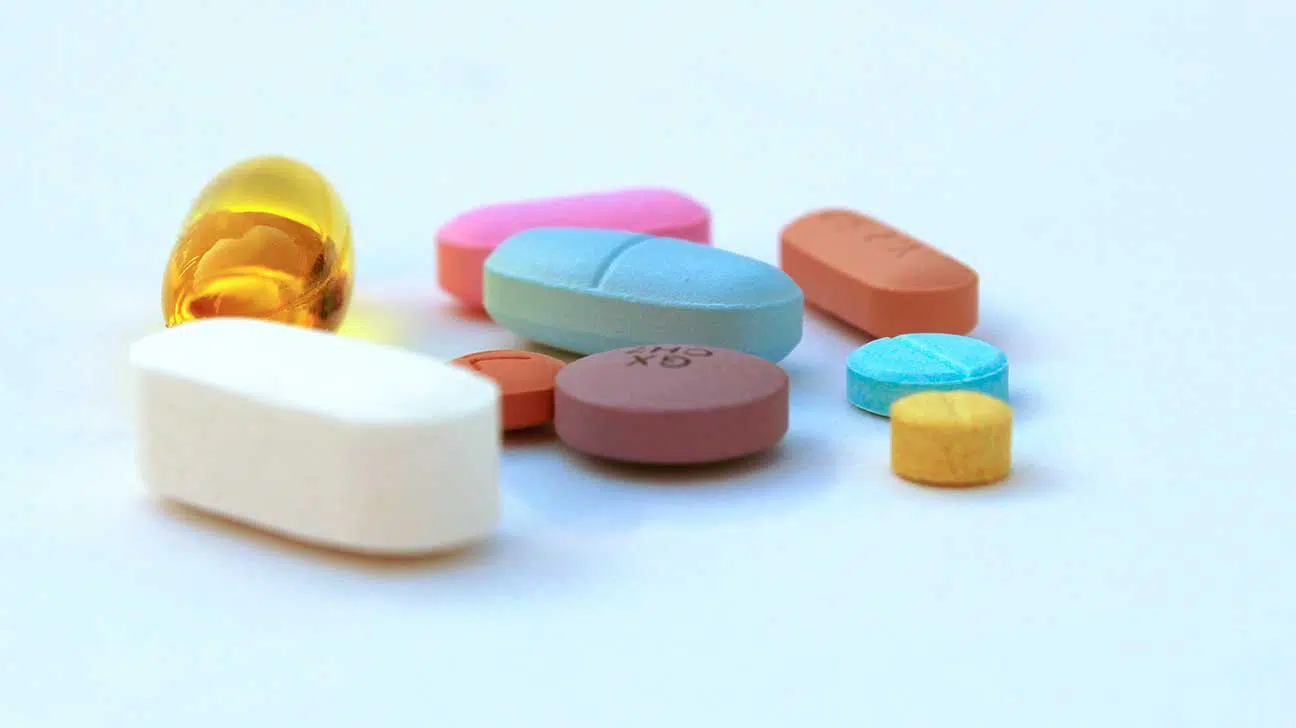How Long Can Seroquel (Quetiapine) Be Detected In Your System?
Quetiapine, known by the brand name Seroquel, is an antidepressant medication that is also an antipsychotic. It can be detected in your body for 2 to 90 days, depending on the type of test done. It can create a false positive for illicit substances and may be used in polysubstance use.

Seroquel is an antidepressant and antipsychotic medication used to treat schizophrenia. The average drug test detection time for Seroquel is 2 to 90 days.
Also known by the generic name quetiapine, it can help to treat major depressive disorders, bipolar disorders, and insomnia.
This drug has some potential abuse risk, especially when used in combination with other substances (polysubstance use).
Seroquel Detection Times By Testing Method
Like the testing times for other antidepressants, Seroquel detection times vary by the method of testing used.
Standard drug screens do not test for quetiapine use. However, the more rare tricyclic antidepressant (TCA) drug test can determine the use of antidepressants such as this one.
Blood Drug Tests For Seroquel
Seroquel can be detected in a blood sample drug test for 2 days after your last use. Blood tests are rarely utilized, occurring mostly in medical situations or a law enforcement request.
Hair Drug Tests For Seroquel
Hair follicle testing is a long-term test for all types of drugs. It can detect Seroquel use for up to 90 days.
It usually takes at least one week after drug use for the hair to grow long enough to be tested, so this is not the ideal drug test for determining recent use.
Urine Drug Tests For Seroquel
A urine sample may show Seroquel use for 2 days after your last use. This is by far the most common type of standard drug testing, especially for pre-employment proceedings.
Saliva Drug Tests For Seroquel
Testing for quetiapine via saliva is still being studied. Because of this, the time in which this medication can be found in a saliva drug test is currently unknown.
False Positive Testing While Taking Quetiapine
This medication has an effect on both the dopamine and serotonin levels in the brain. This is similar to other drugs, including some illicit substances.
This is why false positives are possible while taking this and other antidepressant medications. These drugs affect your body in similar ways, and it can be difficult to distinguish between them.
A second test of the same sample will usually determine if a positive result was actually a false positive.
Seroquel And Polysubstance Use
Polysubstance use is the term for taking multiple types of drugs or alcohol at the same time to enhance their effects. Using substances in this way can lead to dangerous drug interactions.
Polysubstance abuse is more common for people who already have substance use disorder. Research is being done to determine the risk quetiapine presents as an illicit substance.
If quetiapine is crushed, all controlled release properties of the tablet are bypassed. This means it can be absorbed immediately into the bloodstream, which may result in a feeling of euphoria.
More About Seroquel
This medication has a half-life of about 7 hours. This means that roughly 7 hours after you take it, half of the drug will have left your system.
There are two types of Seroquel tablets available: immediate-release and extended-release. The extended-release type will stay in your system longer, and be detectable for longer, as well.
Spring Hill Recovery’s Seroquel Treatment
You are not alone. If you or a loved one have an addiction to Seroquel or another substance, call Spring Hill Recovery Center today.
Our addiction recovery testimonials speak for themselves. Our well-trained and experienced staff are here to help, no matter your situation.
Reach out to us today to get started on your journey to sobriety.
- National Alliance on Mental Illness — Quetiapine (Seroquel) https://www.nami.org/About-Mental-Illness/Treatments/Mental-Health-Medications/Types-of-Medication/Quetiapine-(Seroquel)
- National Institute of Health | National Library of Medicine — Clinical pharmacokinetics of quetiapine: an atypical antipsychotic https://pubmed.ncbi.nlm.nih.gov/11510628/
- National Institute of Health | National Library of Medicine — Effects of Age, Drug Dose, and Sampling Time on Salivary Levels of Olanzapine, Quetiapine, and Their Metabolites https://www.ncbi.nlm.nih.gov/pmc/articles/PMC7602075/
- National Institute of Health | National Library of Medicine — Is Seroquel Developing an Illicit Reputation for Misuse/Abuse? https://www.ncbi.nlm.nih.gov/pmc/articles/PMC2848462/


